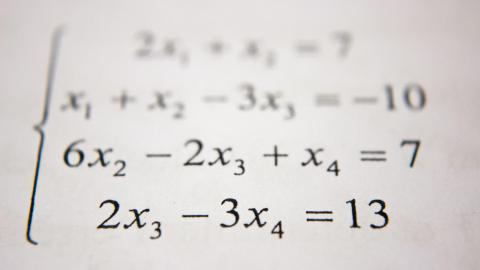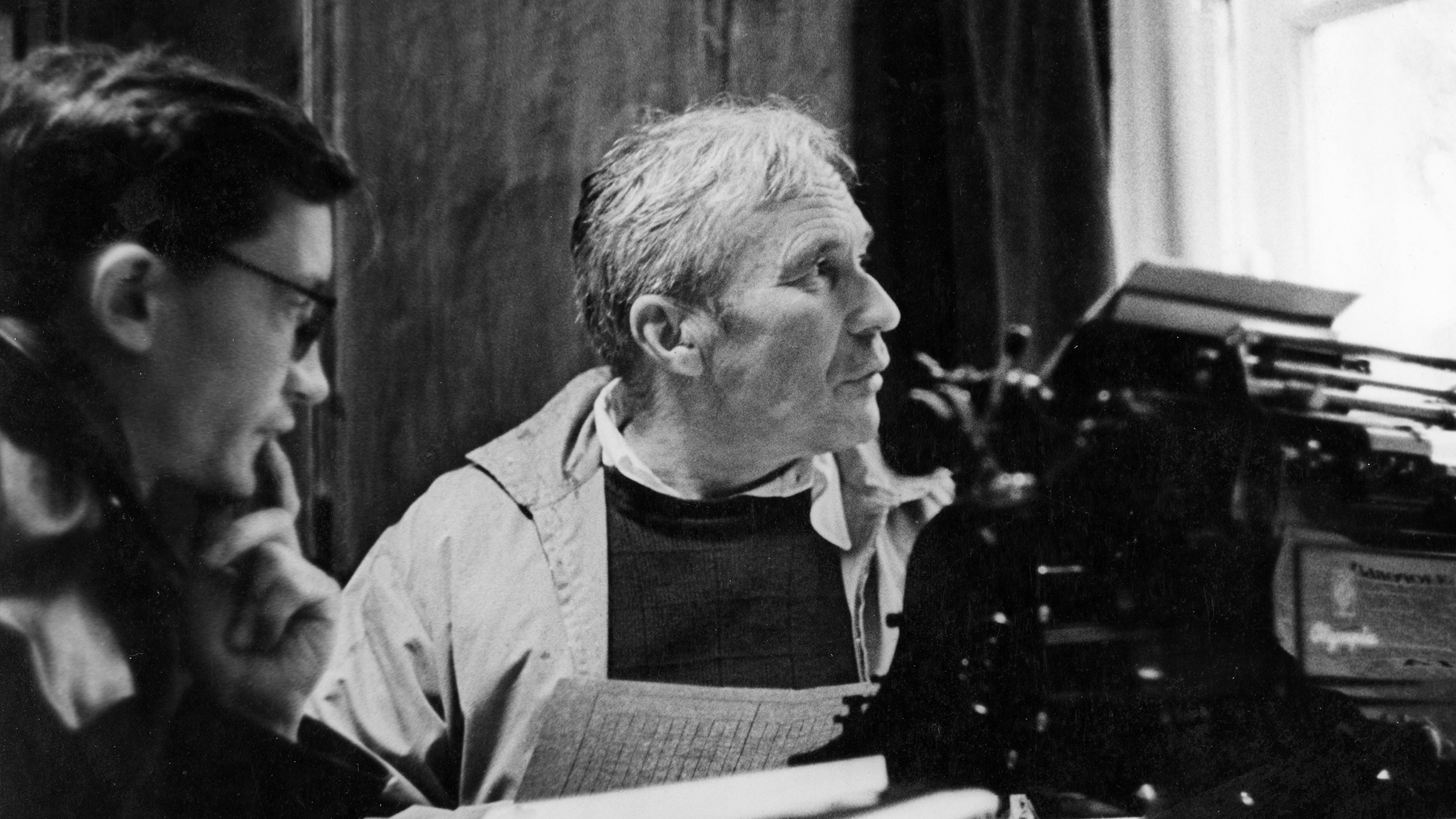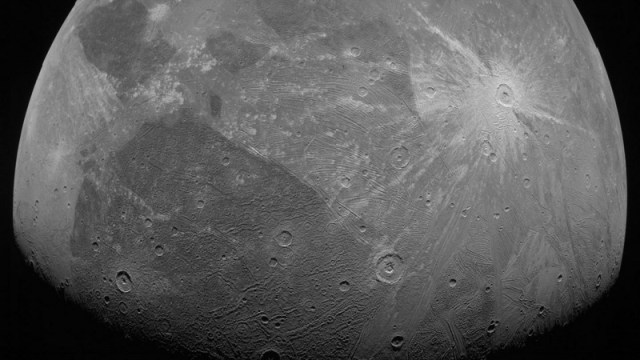Do we still need math?

Credit: Antoine Dautry via Unsplash
- For the average person, math seems to play little to no role in their day-to-day life.
- But, the fanciest gadgets and technologies are all heavily reliant on mathematics.
- Without advanced (and often obscure) mathematics, modern society would not be possible.
The following is an adapted excerpt from the book What’s the Use? It is reprinted with permission of the author and Hachette Book Group.
What is mathematics for?
What is it doing for us, in our daily lives?
Not so long ago, there were easy answers to these questions. The typical citizen used basic arithmetic all the time, if only to check the bill when shopping. Carpenters needed to know elementary geometry. Surveyors and navigators needed trigonometry as well. Engineering required expertise in calculus.
Today, things are different. The supermarket checkout totals the bill, sorts out the special meal deal, adds the sales tax. We listen to the beeps as the laser scans the barcodes, and as long as the beeps match the goods, we assume the electronic gizmos know what they are doing. Many professions still rely on extensive mathematical knowledge, but even there, we have outsourced most of the mathematics to electronic devices with built-in algorithms.
My subject is conspicuous by its absence. The elephant isn’t even in the room.
It would be easy to conclude that mathematics has become outdated and obsolete, but that view is mistaken. Without mathematics, today’s world would fall apart. As evidence, I am going to show you applications to politics, the law, kidney transplants, supermarket delivery schedules, Internet security, movie special effects, and making springs. We will see how mathematics plays an essential role in medical scanners, digital photography, fiber broadband, and satellite navigation. How it helps us predict the effects of climate change; how it can protect us against terrorists and Internet hackers.
Remarkably, many of these applications rely on mathematics that originated for totally different reasons, often just the sheer fascination of following your nose. While researching this book, I was repeatedly surprised when I came across uses of my subject that I had never dreamed existed. Often, they exploited topics that I would not have expected to have practical applications, like space-filling curves, quaternions, and topology.
Mathematics is a boundless, hugely creative system of ideas and methods. It lies just beneath the surface of the transformative technologies that are making the twenty-first century totally different from any previous era — video games, international air travel, satellite communications, computers, the Internet, mobile phones. Scratch an iPhone, and you will see the bright glint of mathematics.
Please don’t take that literally.
There is a tendency to assume that computers, with their almost miraculous abilities, are making mathematicians, indeed mathematics itself, obsolete. But computers no more displace mathematicians than the microscope displaced biologists. Computers change the way we go about doing mathematics, but mostly they relieve us of the tedious bits. They give us time to think, they help us search for patterns, and they add a powerful new weapon to help advance the subject more rapidly and more effectively.
In fact, a major reason why mathematics is becoming ever more essential is the ubiquity of cheap, powerful computers. Their rise has opened up new opportunities to apply mathematics to real-world issues. Methods that were hitherto impractical, because they needed too many calculations, have now become routine. The greatest mathematicians of the pencil-and-paper era would have flung up their hands in despair at any method requiring a billion calculations. Today, we routinely use such methods, because we have technology that can do the sums in a split second. Mathematicians have long been at the forefront of the computer revolution — along with countless other professions, I hasten to add. Think of George Boole, who pioneered the symbolic logic that forms the basis of current computer architecture. Think of Alan Turing, and his universal Turing machine, a mathematical system that can compute anything that is computable. Think of Muhammad al-Khwarizmi, whose algebra text of 820 AD emphasized the role of systematic computational procedures, now named after him: algorithms.
Most of the algorithms that give computers their impressive abilities are firmly based on mathematics. Many of the techniques concerned have been taken “off the shelf” from the existing store of mathematical ideas, such as Google’s PageRank algorithm, which quantifies how important a website is and founded a multi-billion-dollar industry. Even the snazziest deep learning algorithm in artificial intelligence uses tried and tested mathematical concepts such as matrices and weighted graphs. A task as prosaic as searching a document for a particular string of letters involves, in one common method at least, a mathematical gadget called a finite-state automaton.
The involvement of mathematics in these exciting developments tends to get lost. So next time the media propel some miraculous new ability of computers to center stage, bear in mind that hiding in the wings there will be a lot of mathematics, and a lot of engineering, physics, chemistry, and psychology as well, and that without the support of this hidden cast of helpers, the digital superstar would be unable to strut its stuff in the spotlight.
The importance of mathematics in today’s world is easily underestimated because nearly all of it goes on behind the scenes. Walk along a city street, and you are overwhelmed by signs proclaiming the daily importance of banks, greengrocers, supermarkets, fashion outlets, car repairs, lawyers, fast food, antiques, charities, and a thousand other activities and professions. You do not find a brass plaque announcing the presence of a consulting mathematician. Supermarkets do not sell you mathematics in a can.
Dig a little deeper, however, and the importance of mathematics quickly becomes apparent. The mathematical equations of aerodynamics are vital to aircraft design. Navigation depends on trigonometry. The way we use it today is different from how Christopher Columbus used it, because we embody the mathematics in electronic devices instead of pen, ink, and navigation tables, but the underlying principles are much the same. The development of new medicines relies on statistics to make sure the drugs are safe and effective. Satellite communications depend on a deep understanding of orbital dynamics. Weather forecasting requires the solution of equations for how the atmosphere moves, how much moisture it contains, how warm or cold it is, and how all of those features interact. There are thousands of other examples. We do not notice they involve mathematics, because we do not need to know that to benefit from the results.
Excerpted from WHAT’S THE USE?: How Mathematics Shapes Everyday Life by Ian Stewart. Copyright © 2021. Available from Basic Books, an imprint of Hachette Book Group, Inc.





